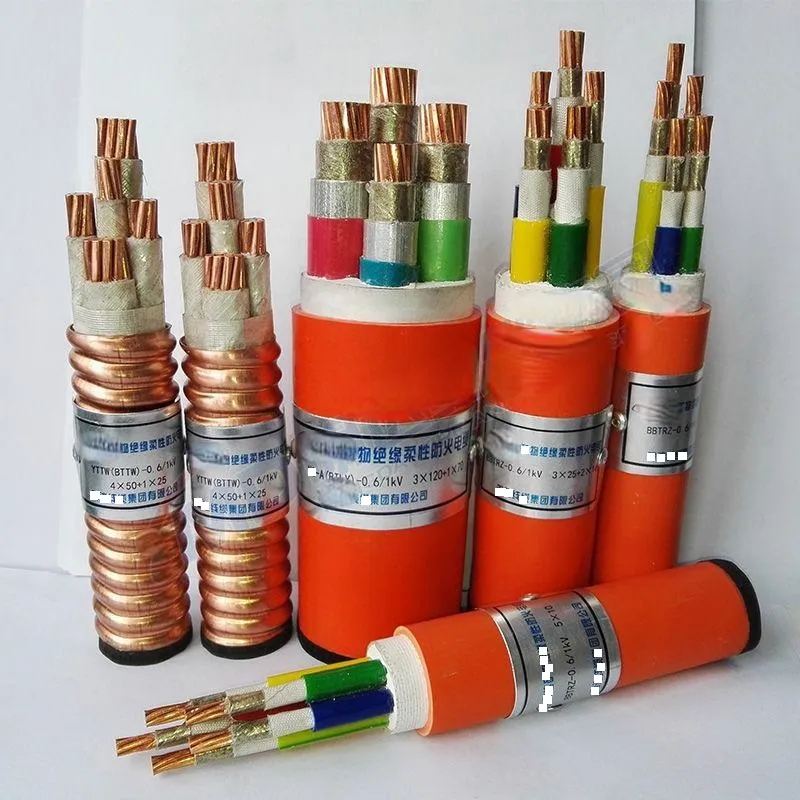paź . 19, 2024 21:50 Back to list
ductile iron gate valve
Ductile Iron Gate Valves A Comprehensive Overview
Ductile iron gate valves play a critical role in various fluid control applications across industries, including water supply, wastewater management, and industrial processes. Renowned for their strength, durability, and ability to withstand high pressure, ductile iron gate valves have become a widely accepted choice for engineers and facility managers. In this article, we will delve into the properties, advantages, applications, and maintenance aspects of ductile iron gate valves.
Properties of Ductile Iron
Ductile iron, also known as spheroidal graphite iron, is a type of iron that possesses remarkable mechanical properties. It exhibits high tensile strength and ductility, which allows it to deform under stress without fracturing. This characteristic makes ductile iron an ideal material for gate valves, which must endure variable pressure and flow conditions.
The production of ductile iron involves the addition of small amounts of alloying elements such as magnesium during the casting process. This manipulation of the microstructure results in a material that has enhanced corrosion resistance and improved castability compared to traditional gray iron. As a result, ductile iron gate valves are less prone to cracking and can be manufactured in more complex shapes.
Advantages of Ductile Iron Gate Valves
1. Strength and Durability The resilience of ductile iron ensures that gate valves can withstand high pressure and temperature variations without deformation. This strength extends the lifespan of the valves, reducing the need for frequent replacements and lowering life-cycle costs.
2. Corrosion Resistance Ductile iron has better resistance to corrosion compared to other forms of cast iron. When coated with protective finishes such as epoxy or paint, the overall performance in corrosive environments is significantly enhanced, making these valves suitable for wastewater and aggressive chemical applications.
3. Sealing Capability Gate valves are designed to provide a tight seal when closed. The added strength of ductile iron allows for more effective sealing under pressure, minimizing leakage and ensuring process integrity.
4. Versatility Ductile iron gate valves are available in a wide range of sizes, styles, and pressure ratings. This versatility makes them suitable for various applications, from municipal water systems to industrial plants and even hydrocarbon processes.
5. Ease of Maintenance The robust construction of ductile iron valves means they are easier to maintain. Their parts are less likely to wear out quickly, and should service be necessary, replacement parts are often readily available.
Applications
ductile iron gate valve

Ductile iron gate valves are used in a multitude of applications, including
- Water Supply Systems They are commonly employed in municipal water distribution networks to manage flow and pressure effectively.
- Wastewater Treatment Due to their excellent corrosion resistance, these valves are ideal for controlling the flow of wastewater in treatment facilities.
- Industrial Processes In industries such as oil and gas, power generation, and chemical manufacturing, ductile iron gate valves facilitate the safe and efficient movement of various fluids.
- Fire Protection Systems Many fire suppression systems use ductile iron gate valves to control water supply, ensuring immediate availability in case of emergencies.
Maintenance Considerations
To ensure the longevity and proper functioning of ductile iron gate valves, regular maintenance is essential. Here are some recommendations
1. Regular Inspection Periodic visual inspections can help identify any signs of wear, corrosion, or damage. Operators should check seals, bolts, and any moving parts for wear.
2. Lubrication Keeping the operating mechanism lubricated is critical to ensure smooth operation and prevent wear over time.
3. Testing Valves should undergo routine functional testing to verify their sealing ability and pressure integrity, especially in critical applications.
4. Repairs and Replacement Immediate attention should be given to any malfunction identified during inspections. Depending on the extent of the damage, parts may need to be repaired or replaced.
In conclusion, ductile iron gate valves are an essential component in fluid control systems across various sectors. Their strength, durability, and resistance to adverse conditions make them a preferred choice among engineers and maintenance professionals. Understanding their properties, benefits, applications, and maintenance needs empowers operators to make informed decisions that enhance operational efficiency and reliability. Whether for municipal, industrial, or emergency use, ductile iron gate valves offer a robust solution for managing the flow of liquids and gases effectively.
Share
-
Reliable Wafer Type Butterfly Valves for Every IndustryNewsJul.25,2025
-
Reliable Flow Control Begins with the Right Ball Check ValveNewsJul.25,2025
-
Precision Flow Control Starts with Quality ValvesNewsJul.25,2025
-
Industrial Flow Control ReliabilityNewsJul.25,2025
-
Engineered for Efficiency Gate Valves That Power Industrial PerformanceNewsJul.25,2025
-
Empowering Infrastructure Through Quality ManufacturingNewsJul.25,2025